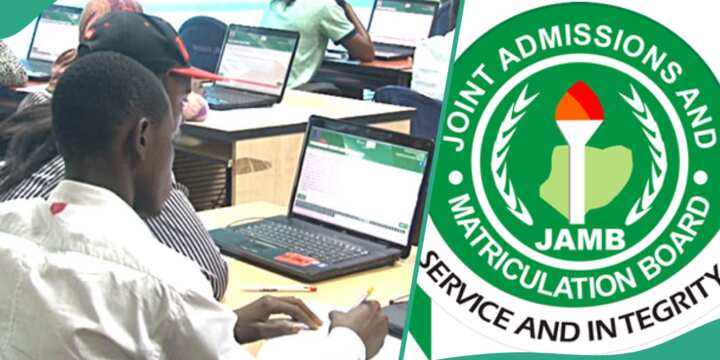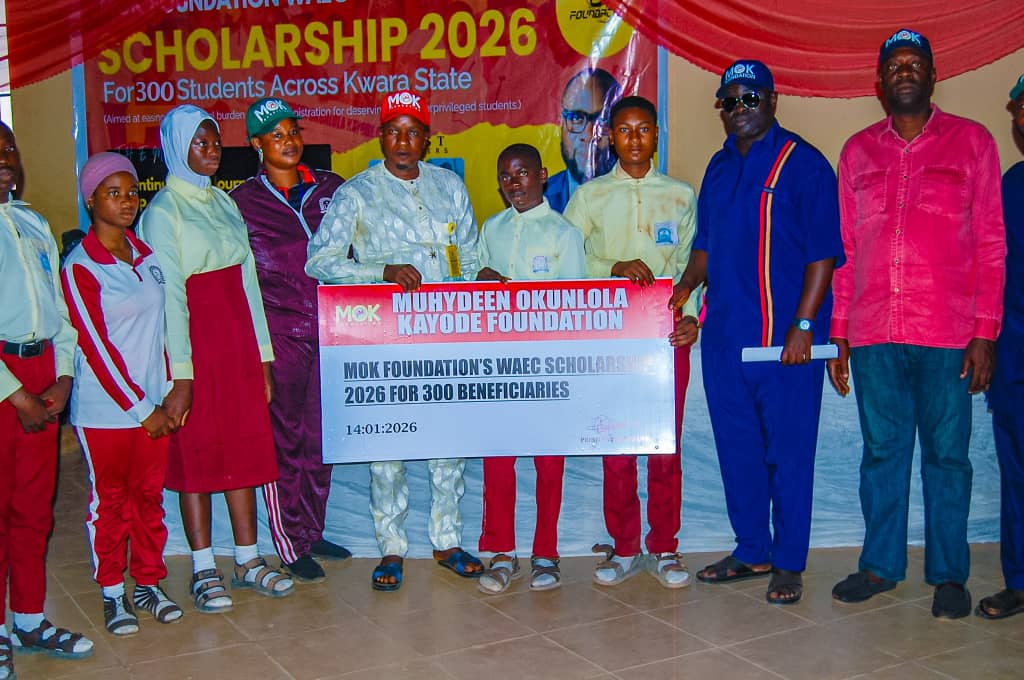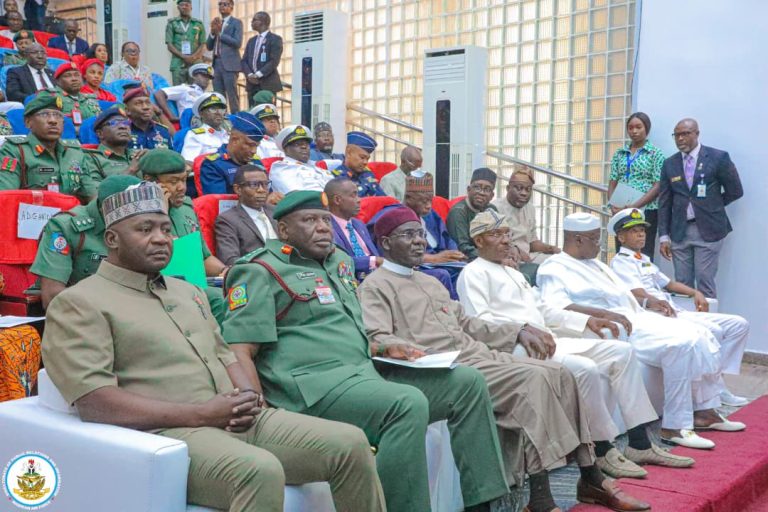A staggering 75% of candidates who sat for the 2025 Unified Tertiary Matriculation Examination (UTME) scored below the average mark of 200 out of 400, according to data released by the Joint Admissions and Matriculation Board (JAMB). Out of the 1,955,069 candidates who took the exam, only 420,415 scored above 200, while just 7,658 scored between 300 and 319. A mere 4,756 candidates exceeded the 320 mark.
These figures paint a troubling picture of the nation’s education system and have sparked widespread concern among education stakeholders. By comparison, the 2024 UTME saw 76% of candidates scoring below 200, suggesting that performance levels remain stagnant—or in decline.
JAMB further revealed that 97 candidates were caught engaging in examination malpractice, while another 2,157 are under investigation for suspected infractions. The board also noted that 40,247 underage candidates participated in the 2025 examination, with only 467 (1.16%) meeting the threshold for exceptional ability. Additionally, 71,701 candidates were marked absent, and several others facing biometric verification challenges may have the chance to retake the exam.
Reactions have poured in from education stakeholders across the country. President of the Academic Staff Union of Universities (ASUU), Prof. Emmanuel Osodeke, described the overall performance as “terrible,” warning that it should serve as a wake-up call for urgent reforms in Nigeria’s basic education system.
“If 75% of students scored below 200, that’s not just poor—that’s a crisis,” Osodeke said. “We must revisit our primary and secondary education systems. These are the foundational stages, and clearly, something is broken.”
He also criticized the rush to establish new universities while basic education remains underdeveloped. “We hardly hear of governors building new secondary schools, yet everyone wants to open a university. That’s backward planning,” he said.
Supporting the call for reform, Prof. Mahfouz Adedimeji, Vice Chancellor of the African School of Economics, Abuja, noted that only 12,414 candidates—just 0.63% of all test-takers—scored 300 and above. He highlighted that over half of the candidates (50.29%) fell within the 160–199 range, reinforcing the need to overhaul Nigeria’s education system.
“While UTME results are primarily used for ranking, they reflect the broader quality of students and instruction. We must retool our education system, improve teacher welfare, and restore the dignity of learning,” Adedimeji said.
He commended JAMB for upholding exam integrity but urged the government to invest more in creating a conducive learning environment. “Teachers must be better motivated, and students must be reoriented to view education as a pathway to success—not a scam,” he added.
Also reacting, Chief Adeolu Ogunbanjo, Deputy National President of the National Parent Teacher Association of Nigeria (NAPTAN), described the outcome as “sad and unfortunate,” noting that over one million candidates scoring below 200 is a reflection of deeper systemic failures. “Parents also share part of the blame. We must all return to the basics and commit to fixing the rot,” he said.
JAMB has stated that individual results will be made available this week, while results for special groups, including blind candidates and those in the JAMB Equal Opportunity Group (JEOG), are still being processed.
The latest statistics not only raise alarm but also reinforce the urgent need for a comprehensive overhaul of Nigeria’s education system—from curriculum updates to teacher training, school infrastructure, and student mindset transformation.












Leave a Reply